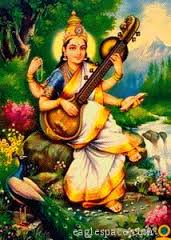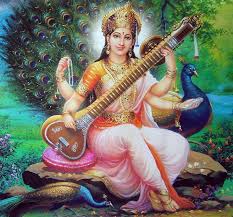What is Knowledge : Ch-4. Part-14

. Chapter 4 : Yoga – An Integration of Consciousness. Part-14. The Real is not ultimate in the sense of a distant or remote object. It is logically remote, but not physically remote. The distance that we feel between ourselves and that which we wish to achieve in yoga is logical, not geographical. It is not far away in the sense of several millions of kilometres or light years. I t is as far away from us as the waking state is away from dream state. There is a large distinction, of course, and a difference between dream and waking – a world of difference. Yet, we know the difference is logical, not physical. Dream and waking are not two different locations physically. Therefore, inasmuch as the distance between our present consciousness and the state which yoga wishes to attain is only logical, and not physical, there is a great hope for us. It is in this sense that we say that Reality is immanent in every one of the degrees of its expression. It is immanen









